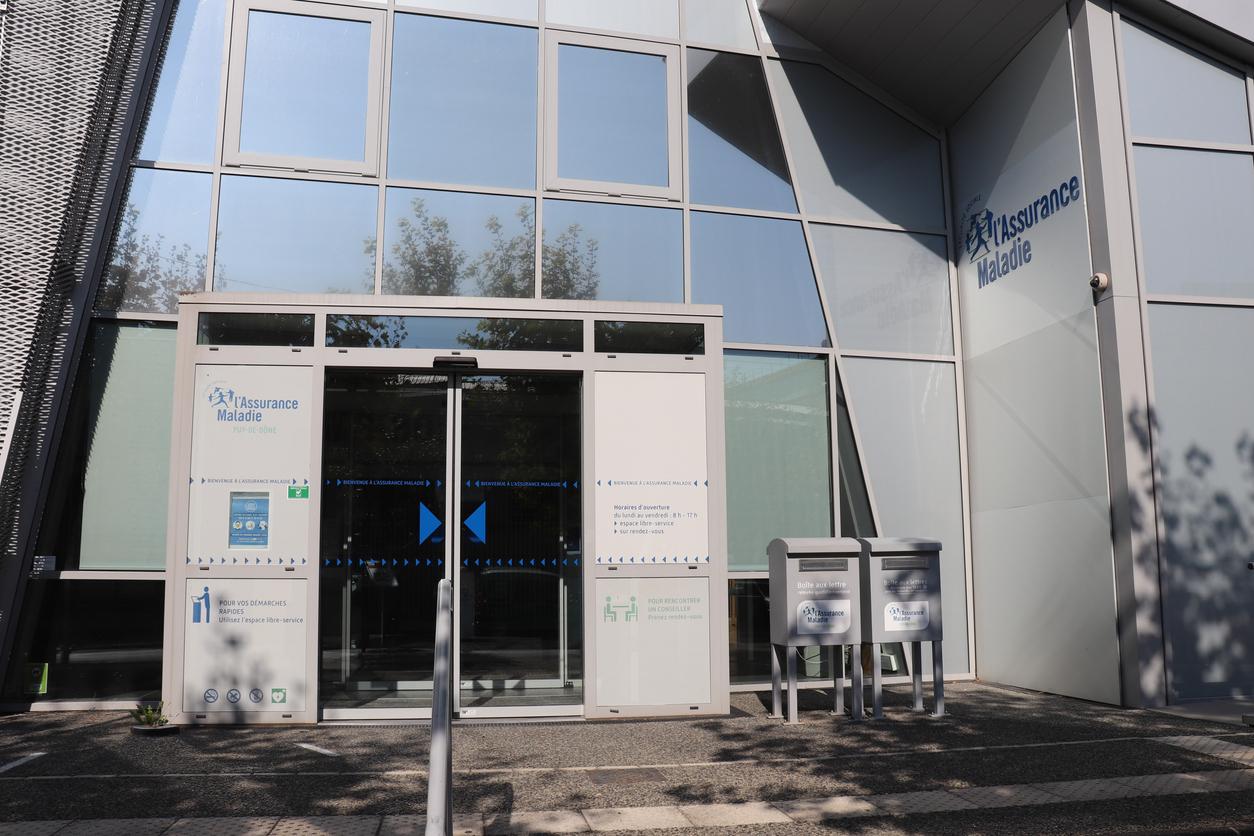Mutuals and insurers paid one billion euros to access Social Security health data. A first step towards the privatization of health, some fear.
The health data hypermarket has just opened its doors. The first customers are already stamping their feet. Its name is Sniiram (national health insurance inter-plan information system). The decree authorizing complementary organizations to access this database was published on October 28. And it is a real gold mine. In a warehouse in Evreux, the Cnam has been storing, since 2006, data concerning the reimbursements of 65 million people, ie all policyholders and their beneficiaries, all plans combined. The Sniiram also contains data on health professionals and prescribing establishments. So we know who prescribed what.
Obviously, this hypermarket is not open to the four winds. To walk through the shelves, the complementary first had to go to the cash register. In 2009, they will pay a tax of one billion euros. The deputies have just voted, within the framework of the law, to increase the tax on the turnover of complementary services, which goes from 2.5% to 5.9%. This first-hand data is therefore far from free.
Under the watchful eye of the Cnil
In addition, the highway code for driving with your caddy is relatively strict. First of all, “the Data Protection Act stipulates that health data can only be used if they are anonymized and if the consent of the persons concerned has been obtained,” indicates Sophie Vuillet-Tavernier, director of legal affairs at the Cnil (national commission for information technology and freedoms). And you should know that we are one of the countries to have one of the most rigorous body of rules. “
In addition, the customers of this supermarket are handpicked. Concretely, it is the members of the Institute for Health Data, i.e. Unocam which represents the complementary, the National Union of Health Professionals which represents the Liberals, the Interassociative Collective on Health, the flag of users but also hospital federations. Another restriction: these lucky ones cannot circulate in all the departments. EPIBAM, in other words the permanent inter-regime sample of health insurance beneficiaries which houses data on the medical consumption of 600,000 people over 20 years. An exclusion that leaves a bitter taste in the complementary ones.
Another filter: that of the health data institute. “Our members, for example, will have to submit their study program to us,” explains Richard Decottignies, director of IDS. And if they do not respect the rules of the game that we are in the process of defining in our code of ethics, we will be able to launch audits, and seize our committee of experts which is chaired by Professor Didier Sicard ”.
The controls do exist, but the system is not perfect. First of all because “consent is not enough to protect people against themselves,” explains Sophie Vuillet-Tavernier. But also because we still lack anonymization and encryption products available on the market. However, the greatest fear lies elsewhere. “We fear that the complementary will use this data to set up tariffs according to the risk of each one”, notes Christian Saout, president of the Interassociative Collective on Health. The selection of policyholders based on risk is also what the unions fear. “It is a way of going towards the privatization of our health system”, proclaims Danièle Karniewicz, of the CFE-CGC. Sharing health data with insurers is not to the liking of medical unions either.
More targeted contracts
Far from us this idea, answers in substance the French Federation of insurance companies. “We just don’t want to be blind payers anymore,” says the FFSA. “We don’t want to break the pooling system,” adds Michel Charton, health, services and innovation director at Axa. The government continues and will continue to set the rules. On the other hand, the latter do not hide their desire to move towards more individualization.
The appetites of complementary insurers in this area are clear. The so-called “Babusiaux” experiments are an illustration of this. Axa is one of the pioneers in this area. “For a year, we have had access to anonymous health data in ten departments. And the insured benefit from the reimbursement of a basket of drugs not covered by health insurance, explains Michel Charton. Ultimately, this information should allow us to offer more targeted contracts that would reimburse more or less certain services depending on the profile of the insured. “
It remains to be seen how far this individualization will go. For the moment, the question remains in abeyance. “The decree which has just been published does not specify the nature of the data transferred”, regrets Christian Saout. As for the PLFSS, it is strangely silent on the issue. And no assessment has yet been drawn from these experiments. There is only one certainty: the American model, in which the powerful insurance companies have precise information on the state of health of their policyholders, is seen as a foil. The candidate Barack Obama himself suffered from the intrusion of insurers into his private life. “I will never forget how my mother, who died of cancer at age 53, spent the last months of her life in her hospital bed. She fought against her insurance company, which claimed she suffered from cancer before being insured, and did not want to fund her care. “
.

















